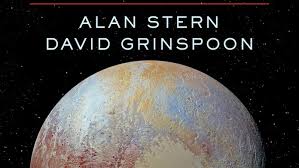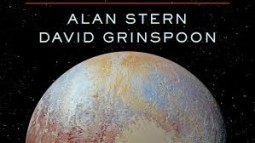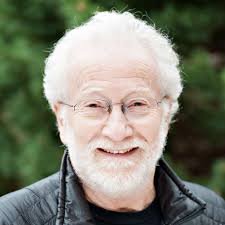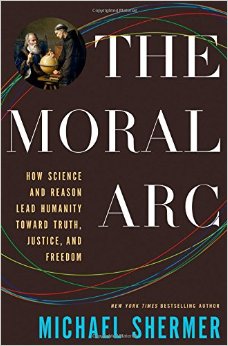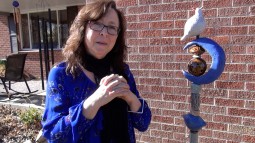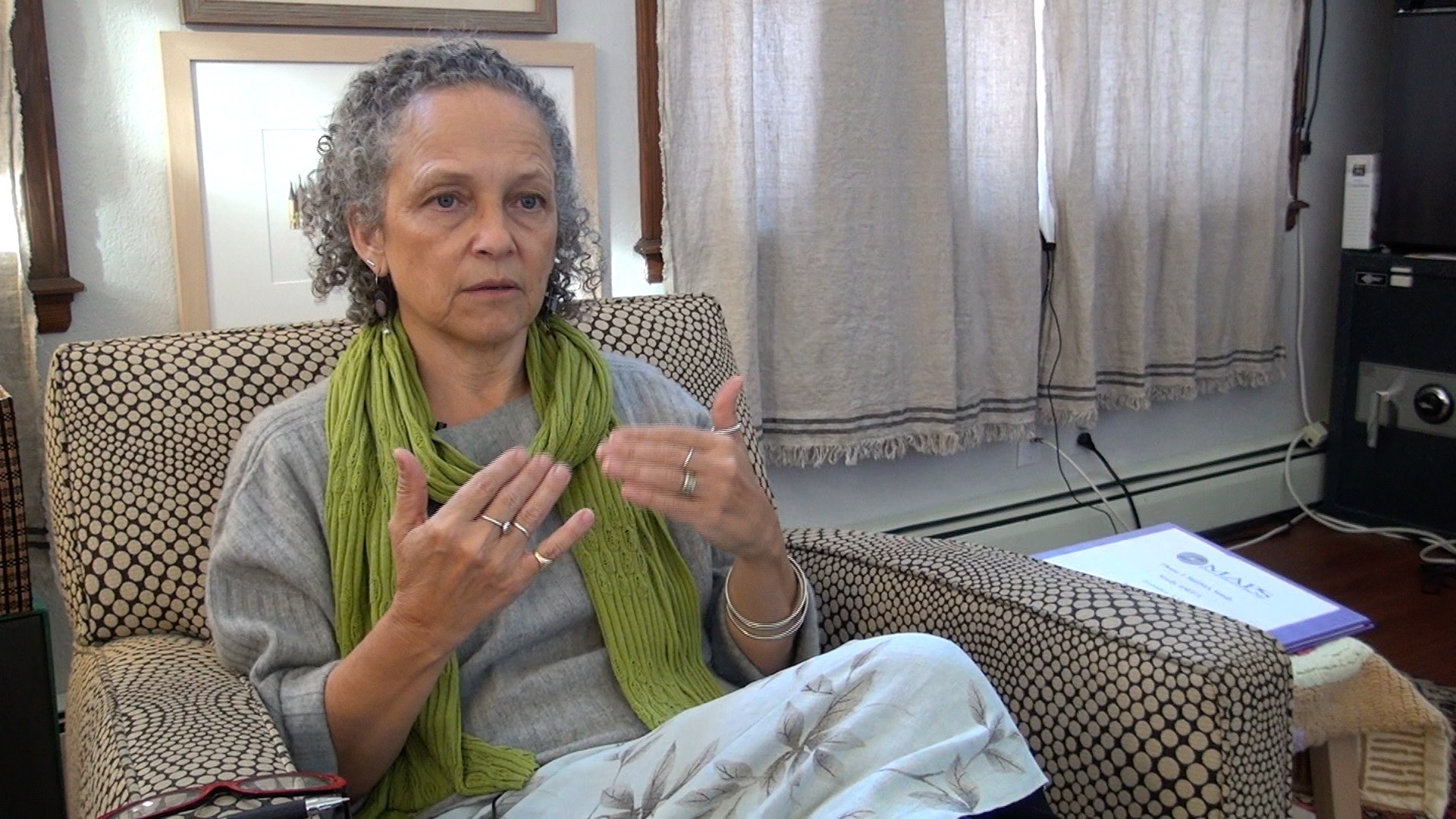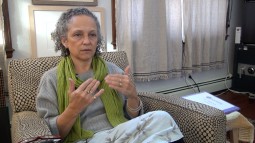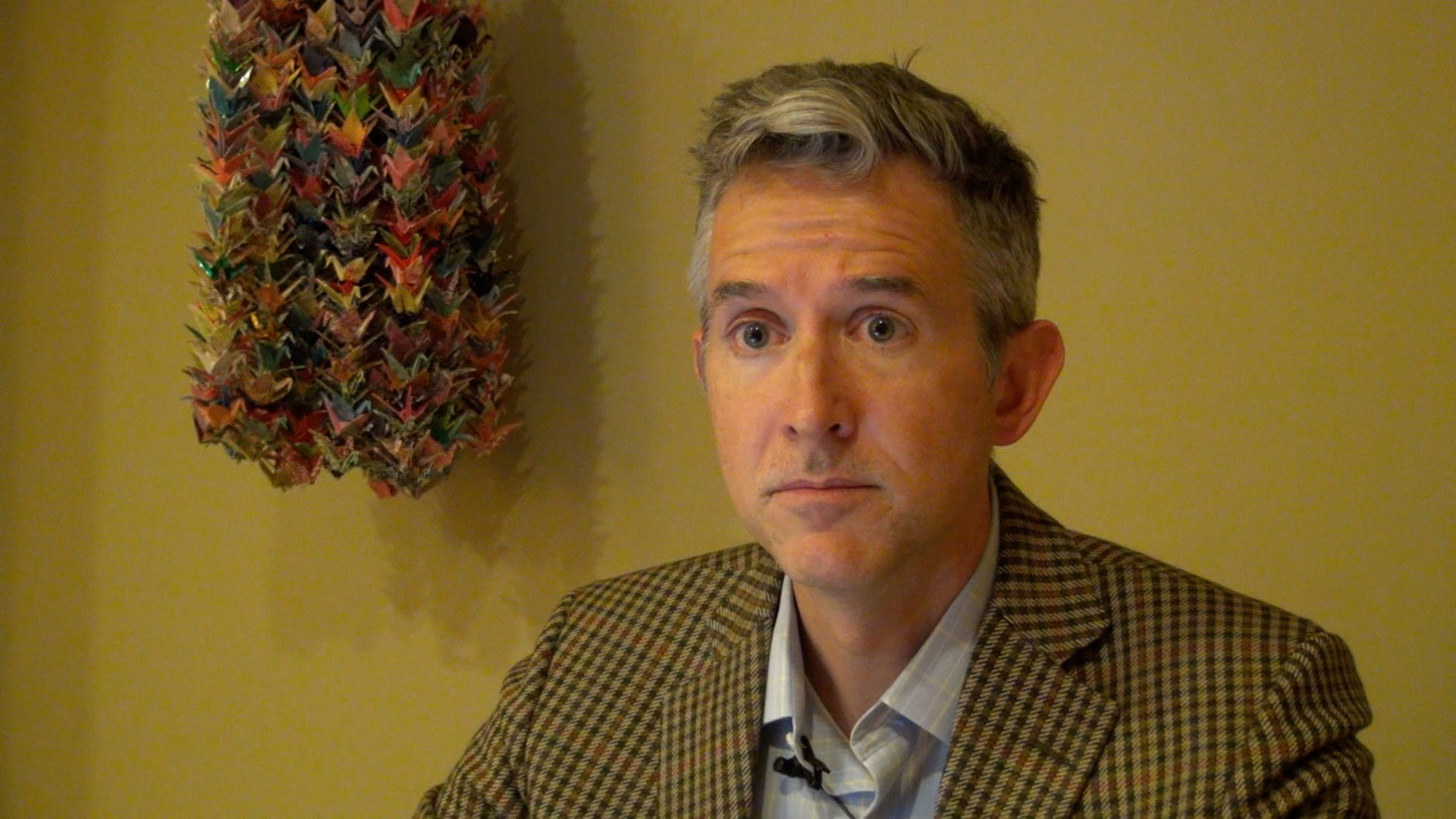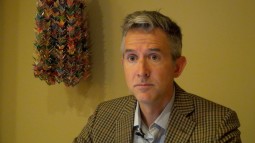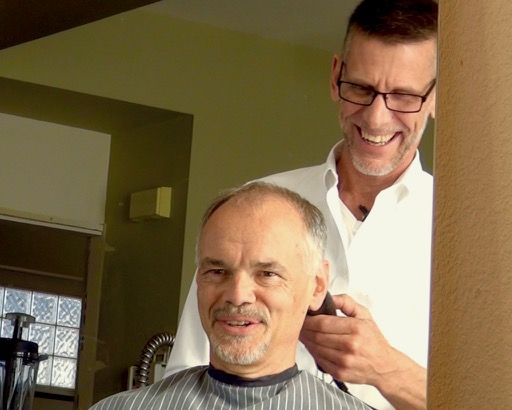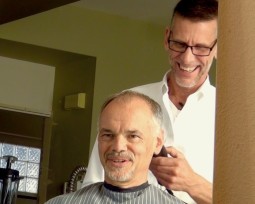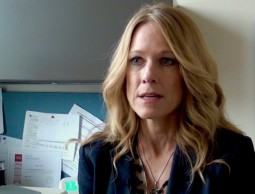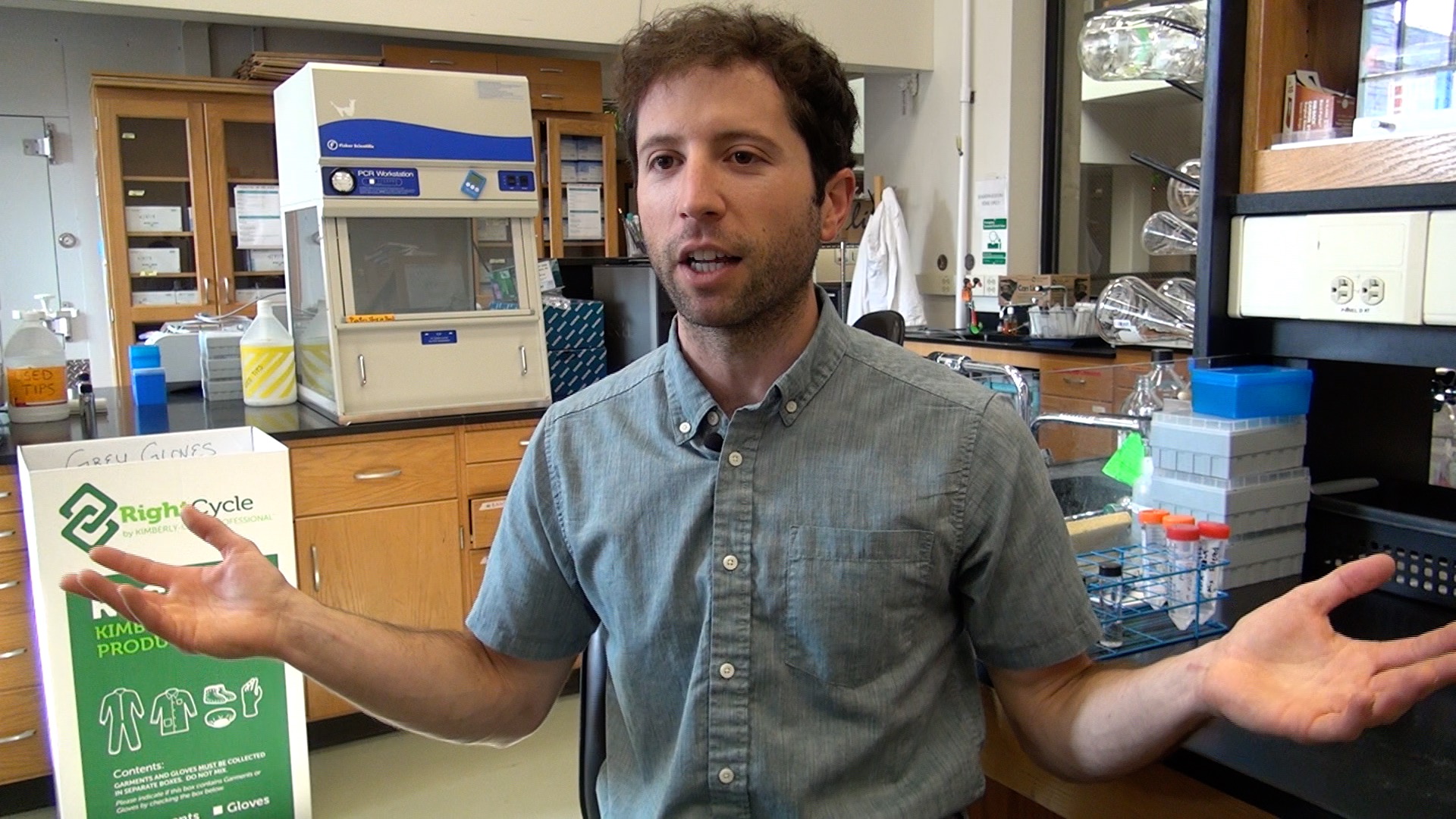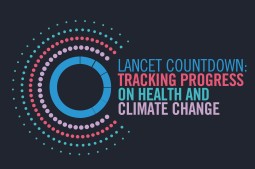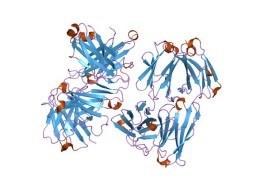 Mutant Proteins and Protein Evolution (starts 4:42) CU School of Medicine professor David Pollock explains why he has devised a new way to identify and predict both the evolution of proteins and disease causing protein mutations. Pollock’s highly technical model uses an analogy about a physical model called the Stokes Shift to help explain the biochemical properties of how proteins change, for better or worse. Pollock’s study has just been published in the journal Nature Ecology and Evolution. Its title is “Sequence entropy of folding and the absolute rate of amino acid substitutions.” Additionally, he has written a “behind the paper” explanation for a more general audience to explain the concepts being explored in his ground-breaking research.
Mutant Proteins and Protein Evolution (starts 4:42) CU School of Medicine professor David Pollock explains why he has devised a new way to identify and predict both the evolution of proteins and disease causing protein mutations. Pollock’s highly technical model uses an analogy about a physical model called the Stokes Shift to help explain the biochemical properties of how proteins change, for better or worse. Pollock’s study has just been published in the journal Nature Ecology and Evolution. Its title is “Sequence entropy of folding and the absolute rate of amino acid substitutions.” Additionally, he has written a “behind the paper” explanation for a more general audience to explain the concepts being explored in his ground-breaking research.
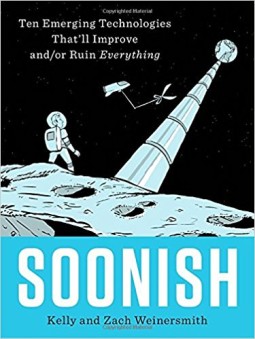 Soonish: Ten Emerging Technologies That’ll Improve and/or Ruin Everything (starts 15:00) Dr. Kelly Weinersmith is an adjunct assistant professor in the BioSciences Department at Rice University. She specializes in the study of parasites. But her curiosity has taken her well beyond parasites to ask all-encompassing questions, such as, what will the future will look like – the future of space research, medicine, robots, and, well, humans. These topics are all part of Weinersmith’s new funny-serious book. It’s called Soonish: Ten Emerging Technologies That’ll Improve and/or Ruin Everything. Weinersmith co-authored the book with her husband, Zach. They’ll be at book signings this week Denver and Boulder.
Soonish: Ten Emerging Technologies That’ll Improve and/or Ruin Everything (starts 15:00) Dr. Kelly Weinersmith is an adjunct assistant professor in the BioSciences Department at Rice University. She specializes in the study of parasites. But her curiosity has taken her well beyond parasites to ask all-encompassing questions, such as, what will the future will look like – the future of space research, medicine, robots, and, well, humans. These topics are all part of Weinersmith’s new funny-serious book. It’s called Soonish: Ten Emerging Technologies That’ll Improve and/or Ruin Everything. Weinersmith co-authored the book with her husband, Zach. They’ll be at book signings this week Denver and Boulder.
Hosts: Shelley Schlender, Susan Moran
Producer, Engineer: Shelley
Additional Contributions: Beth Bennett
Executive Producer: Beth Bennett
Podcast: Play in new window | Download (Duration: 26:09 — 24.0MB)
Subscribe:
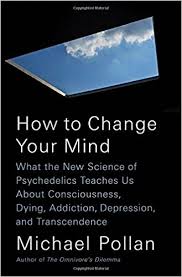 Michael Pollan: How to Change Your Mind: What the New Science of Psychedelics Teaches Us About Consciousness, Dying, Addiction, Depression and Transcendence. We speak with New York Times Bestselling science writer Michael Pollan about his new book that features LSD and magic mushrooms. Pollan will give a book talk in Denver this Thursday — at the Trinity Methodist Church. On Friday, Pollan’s Boulder Booktalk will be at Boulder’s First Congregational Church.
Michael Pollan: How to Change Your Mind: What the New Science of Psychedelics Teaches Us About Consciousness, Dying, Addiction, Depression and Transcendence. We speak with New York Times Bestselling science writer Michael Pollan about his new book that features LSD and magic mushrooms. Pollan will give a book talk in Denver this Thursday — at the Trinity Methodist Church. On Friday, Pollan’s Boulder Booktalk will be at Boulder’s First Congregational Church.



